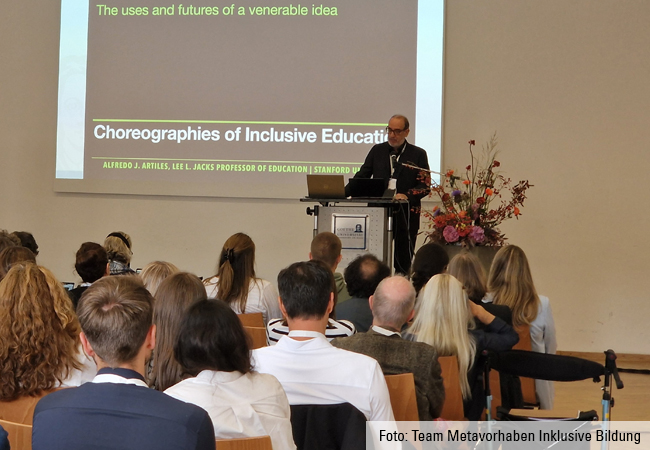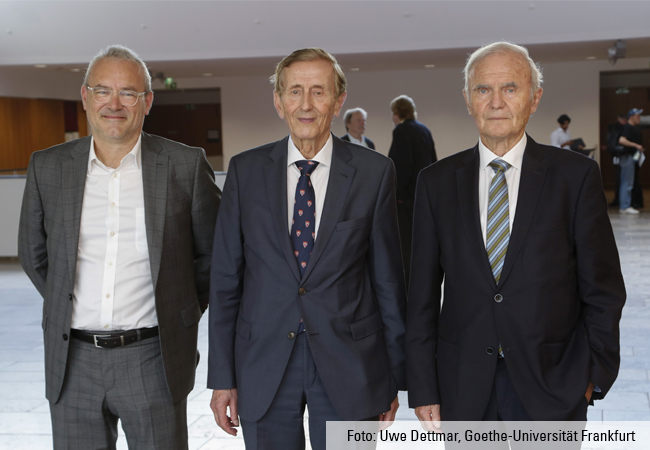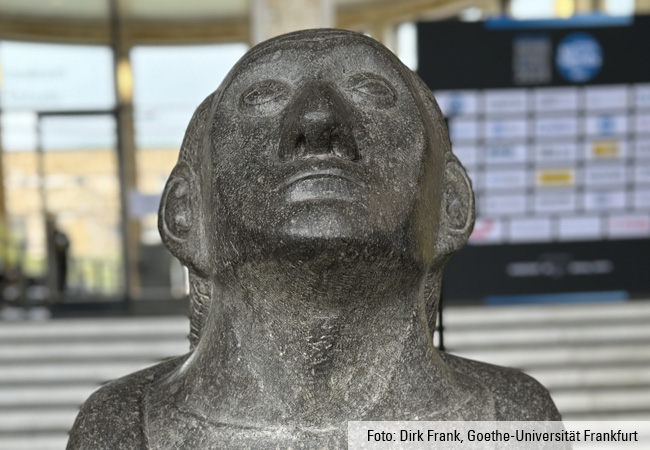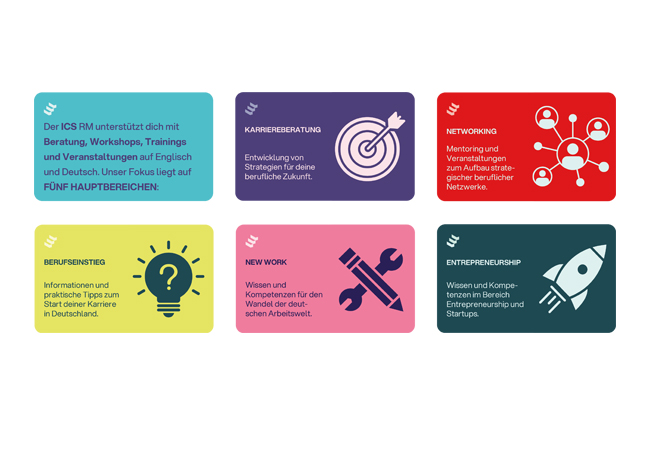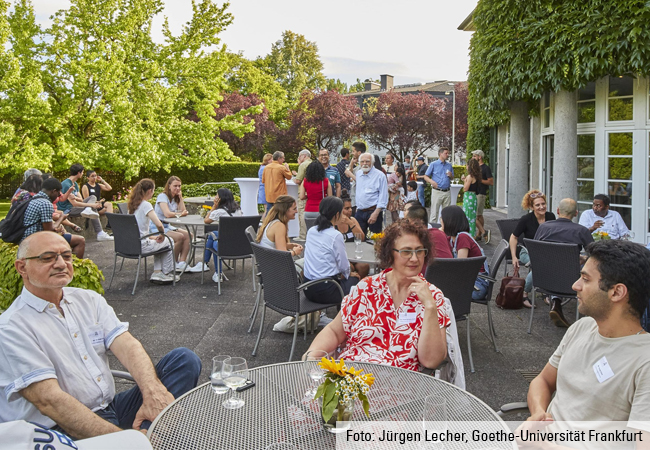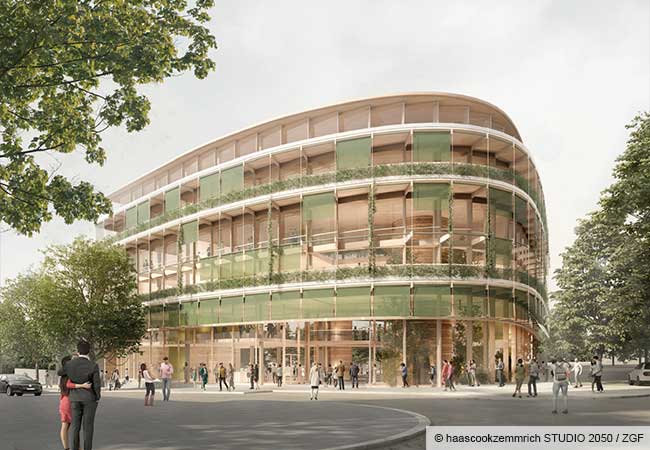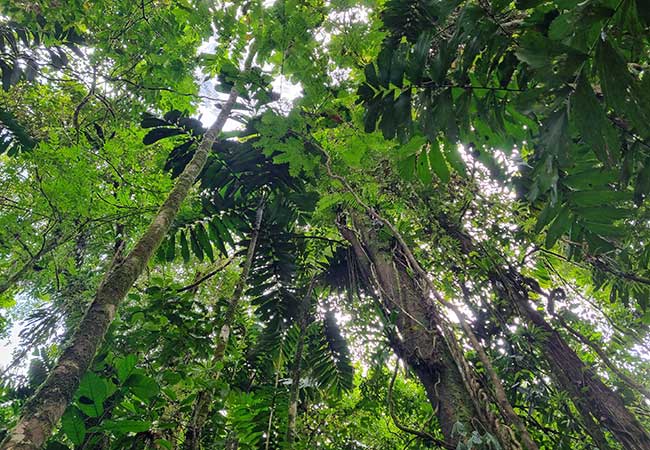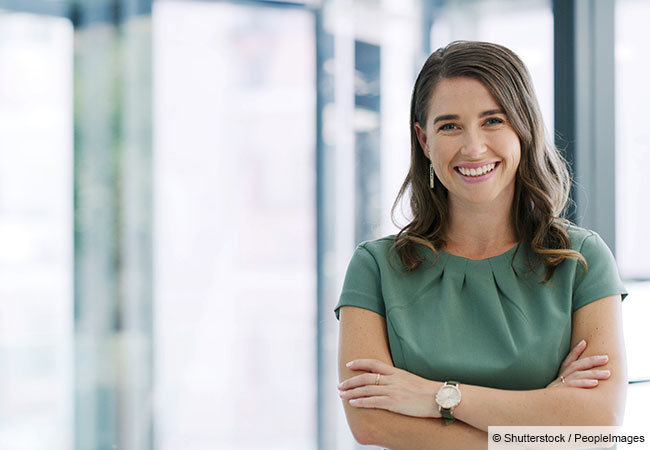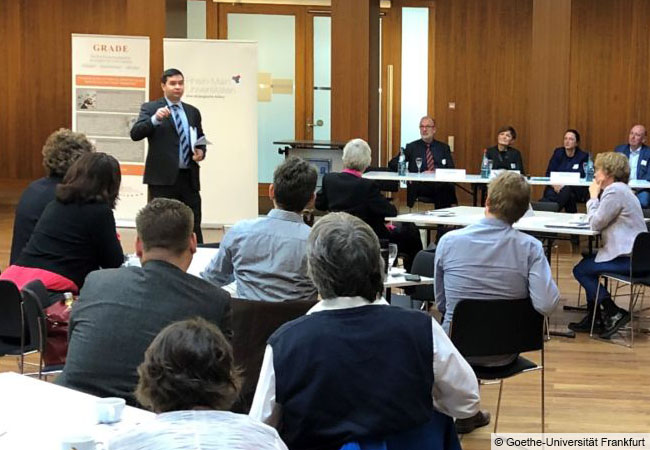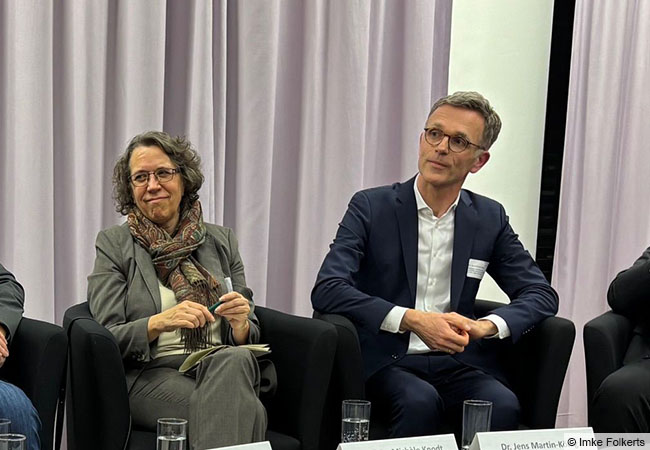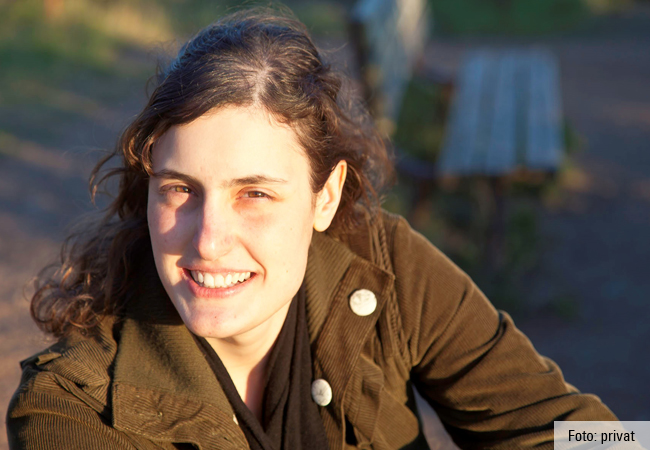
Sol Lago’s interest in learning languages never awoke: “It was always there. For me, learning languages has always been like eating or walking, and I can’t remember a time when I wasn’t learning a foreign language,” she says. She constantly came into contact with different languages: Lago was born and raised in Buenos Aires, so Spanish is obviously her mother tongue. However, in her case “mother” tongue is misleading: Lago spoke Spanish with her father, her two younger siblings, her playmates – and everyone else around her. But with one important exception: Her mother hails from Belgium and always spoke French with her.
That Lago had English lessons from elementary school onwards was due to the Argentinian school system – that she learnt a fourth language was due to coincidence. To be more precise, it was due to her pragmatic parents: “My parents had no special links to Germany, but the best elementary school near our home happened to be a German one,” she recalls, “so that’s where they sent me.”
The matter-of-factness with which she learnt languages as a child has meanwhile become an academic interest that goes a step further: As a professor of French and Spanish linguistics at Goethe University Frankfurt and especially as the head of the Romance Lab, the laboratory for Romance languages, Lago is examining the intricacies of such a learning process. This has, however, not always been her special interest: “I learnt foreign languages as a child, and it was always easy for me,” she says. That is why the factors important for learning a language never interested her that much.
Rusty German
She completed a doctoral thesis in linguistics at the University of Maryland, USA, during which she used neurology-based measuring techniques and attended courses in cognitive science, before studying the phenomenon of multilingualism for the first time while a postdoctoral researcher at the University of Potsdam. Because her German had meanwhile become rather rusty, she was obliged to learn it more or less from scratch, “and it was no longer easy for me at all,” she says. That is why she asked herself how the learning process works in detail and why it now demanded so much effort – her interest in her research topic was awakened, and it has not let her rest since.
To study the process, she is conducting experiments in the “Romance Lab” at Goethe University Frankfurt. She primarily uses an eye tracker system that records the involuntary eye movement of language learners with an infrared camera: “In our language lab, we present a sentence in a foreign language to our test persons and observe how their eyes linger over certain words for a particularly long time or repeatedly return to them,” explains Lago. It is precisely these parts of language, she says, that the brain has to engage with intensively for a sentence in a foreign language to make sense. “Interestingly, we can see in these experiments that the brain’s reaction depends on whether the test persons have previously had lessons in another language,” she says. “We might be able to use this connection to further develop the didactics of foreign language teaching.”
Conversely, she has also analyzed how the brain forms sentences. This happens unconsciously, she says: People just speak without thinking about the process. “We recorded how people speak,” she explains, “and established how much time they need to pronounce the individual parts of a sentence.” The more difficult this is for the brain, the longer it takes, “and to estimate just how difficult it is, we no longer have to rely solely on statements from the test persons,” she adds.
Electrical activity of the brain?
To find out how the human brain processes language, in the future she would also like to apply a method that she already used during her doctoral degree at the University of Maryland: In addition to image and sound recordings, Lago plans to produce EEGs of her test persons, i.e. to measure and record the electrical activity of their brains. “Moreover, up until now I’ve based my research exclusively on traditional experimental results,” she adds, “but in the future, I would also like to use computer science methods, such as large language models and virtual reality. I’m looking forward to doing this together with my colleagues in the Collaborative Research Center NegLaB ‘Negation in Language and Beyond’, which was approved recently.”
Learning languages has been an integral part of Lago’s life for almost forty years – learning German (again) and Marathi, which is spoken in part of India, are on her current to-do list: Her husband, a cognitive scientist, hails from India, and Lago is not yet able to communicate with his parents because they do not speak English: “But for me, learning languages is the way to meet people and integrate into a society.”
Stefanie Hense


